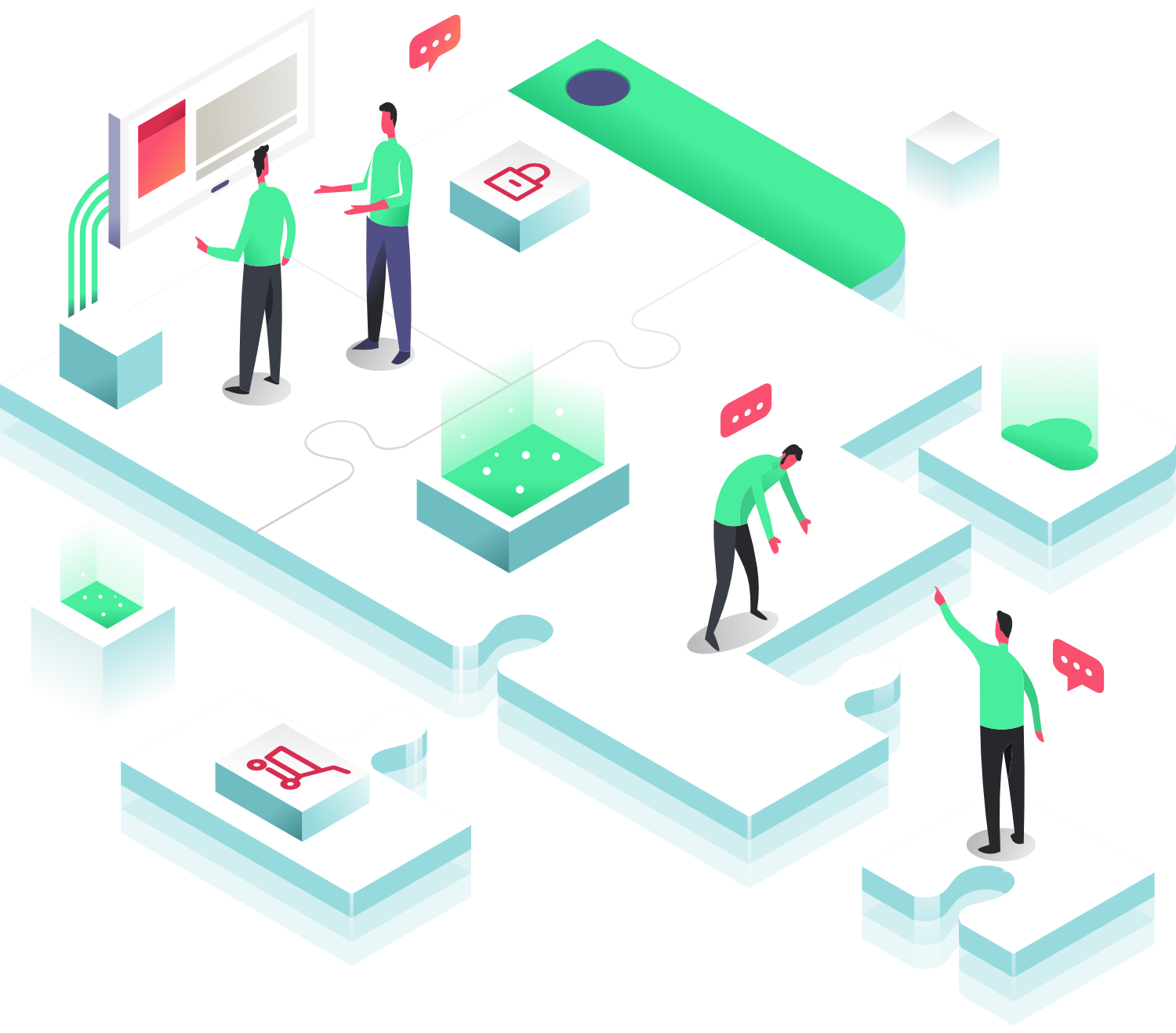Why CRM?
A CRM can be a big investment, but it can also help your company grow and achieve your target growth numbers. When it comes to sales, it is always a race to the top. Sometimes you win by reputation alone. Other times you can beat the competition by using the right tools. Incorporating customer relationship management software into your sales repertoire can give you the edge to out pace your competitors and win big in today’s market.
Your sales department performs some of the toughest tasks in your business. Anything that makes selling easier is a big win for your company. It’s no wonder statistics show that by 2021, most firms will be spending the largest portion of their software budgets on CRM systems.
CRM (customer relationship management) software is a client management tool that helps you maintain customer data, organize sales, automate follow-ups, prioritize leads, cut down on operations costs and boost revenue. A properly implemented CRM system will help you sell more-smarter, better, and faster.
Sales teams will sell more
A CRM helps your company grow by reducing the time it takes to close a deal, allowing employees time to perform other tasks. Without a CRM system, it can be time-consuming and expensive to follow up on a sales opportunity. CRM software is the tool to help you determine how effective your sales channels are by telling you:
- The number of sales opportunities in the pipeline
- The average size of the deal with respect to deal value
- Conversion rate or the close ratio
With a CRM, you can automate sales velocity, enabling you the ability to identify top priority and high-value opportunities. This frees up more time for you to focus energy and resources on growth opportunities. CRM software also allows your sales team to qualify an opportunity early and work toward improving the win rate.
A CRM system can also assign high priority tasks to the best team members when the need to do so arises. This creates efficiencies in task management which translates into value for your organization.
Quicker issue resolution
If you have a problem with systematically organizing customer transactions, then you should consider using a CRM. It will help you better understand your clients by tracking the contacts you have had with them, anticipating their needs and proactively solving potential problems before they happen.
For example, if an issue arises that is a problem for your client, the CRM software will help you retrieve all activities relating to the client—including past resolved issues, procurements, and preferences. With this knowledge, you can track the genesis of the problem and quicken the resolution process.
The Harvard Business Review reveals that a 5% improvement in customer retention rate can translate into increased profits anywhere in the range of 25% to 95%. A CRM can be the genie in the bottle for you and your clients. By solving problems before they happen, you improve your customer’s satisfaction and trust, resulting in a reduced churn rate and a boost in revenue.
Better process tracking
Tracking business processes brings certainty to resource management. It also allows you to gain insights into effective and ineffective practices. Such insights will enable you to eliminate costly processes and improve your strategies.
A CRM system helps you track data about a lead enabling you to determine its ROI with ease. It helps you to determine where most of your revenue is coming from. In addition, it can:
- Monitor and track processes within departments
- Monitor the efficiency of workers and the quality of your customer service team
- View the history of client interactions
Thanks to the CRM tracking system, it’ll be easier for your organization to maintain high-quality service and have more satisfied customers.
Helps identify the best buyers
When you begin to analyze the data on the CRM system, you will realize the power behind the software. With a reliable data starting point, the system will help you search, sort, and analyze data you receive from any department—including marketing, sales, and support. It will help you:
- Understand your clients better and offer customized services
- Undertake effective segmentation by parameters such as income, demographics, age, etc.
- Isolate groups of both lowest and highest potential
Anticipate clients’ orders
Since a CRM system keeps detailed records of clients and their buying habits, you can integrate them into your marketing and selling plans. Data generated to reveal purchasing trends helps your marketing and sales teams focus their efforts on pairing clients with the best services or products to suit their needs.
For example, suppose there is a hot new product on the market. Your team can track invoices, messages, emails, projects, and activities relating to current and prospective clients to determine who the product would benefit.
Again, Why a CRM?
If you adopt and use the CRM software correctly, it will help grow your company by boosting performance in critical areas. These include:
- Efficient searching, sorting, and qualifying leads
- Systematic and timely follow up on sales opportunities
- Rationalization and prioritization of follow-up activities
- Better targeting
The better you know your clients and their needs, the more successful you will be in meeting them and growing your business.

